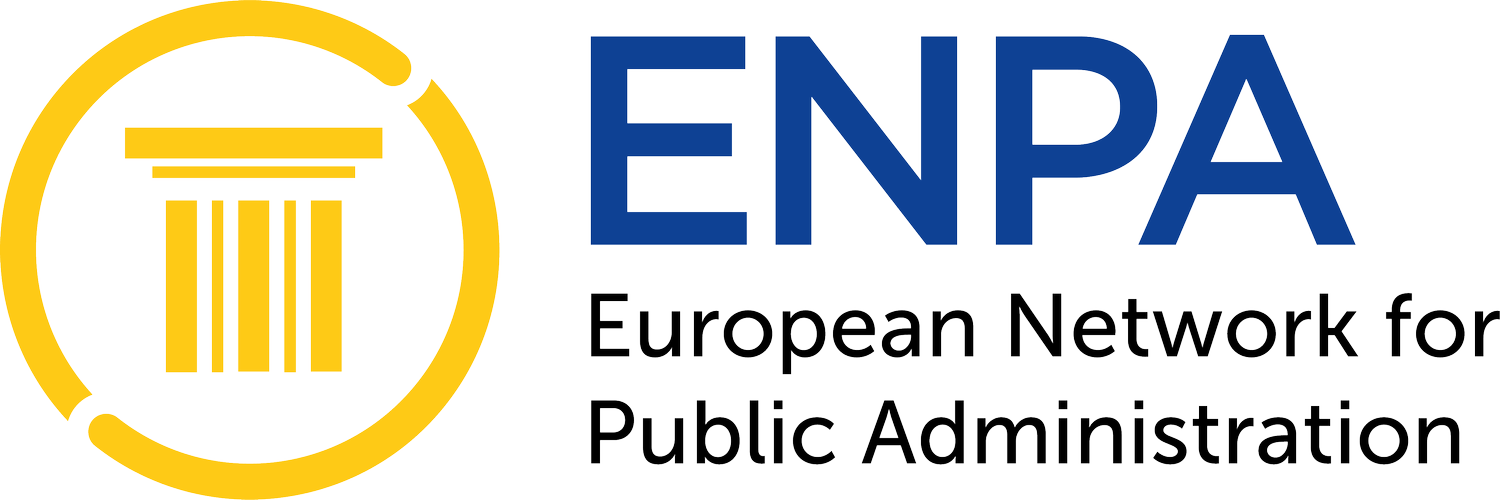Policymaking Dynamics
Co-Chairs
Anat Gofen
Hebrew University of Jerusalem,
Israel
anat.gofen@mail.huji.ac.il
Nadine Raaphorst
Leiden University, The Netherlands
n.j.raaphorst@fgga.leidenuniv.nl
Anka Kekez
University of Zagreb, Croatia
anka.kekez-kostro@fpzg.hr
Fritz Sager
University of Bern, Switzerland
fritz.sager@unibe.ch
Gabriela Lotta
Getulio Vargas Foundation, Brazil
gabriela.lotta@fgv.br
At the heart of our research group is the study of policymaking dynamics from policy formulation to the implementation of policy on the ground level. Exerting a significant influence on the daily lives of people, policymaking dynamics comprise the patterns of interaction and change that shape how policies emerge, evolve, and are implemented, as well as the feedback loops between formulation, implementation, and outcomes for the public. In examining these processes, we focus on a core range of actors like policy- makers, street-level bureaucrats, managers, and citizens, whose roles and interactions are central to understanding how policies take shape and impact society. Our group focuses on different core themes that run like a common thread through the diverse aspects of policymaking dynamics, including collaboration, trust, accountability, and decision-making. At the same time, we aim to understand various substantive topics, which represent concrete societal issues or scientific debates, referring to these core themes, among them are inequality, technological developments, democratic backsliding, and polarization.
General questions include, for example, how collaboration between service organizations affects citizens’ access to welfare support; what is the role of trust in decision-making; how context shape service delivery; how technological developments shape policymaking; what can be learned from looking at policy actors’ bottom-up influence; how policy actors’ decision- making shapes (in)equality in outcomes; how can we understand policy actors’ responses to societal polarization, political pressure and citizen distrust.
Our research group welcomes a variety of methodological and theoretical approaches, reflecting the complexity and diversity of policymaking dynamics, and is also open to diverse paper formats, including research designs, empirical papers, and conceptual or theoretical contributions. In our research group, we foster a culture of mentorship and collaboration, where junior and senior scholars work closely together, give each other constructive feedback, and learn from one another.
